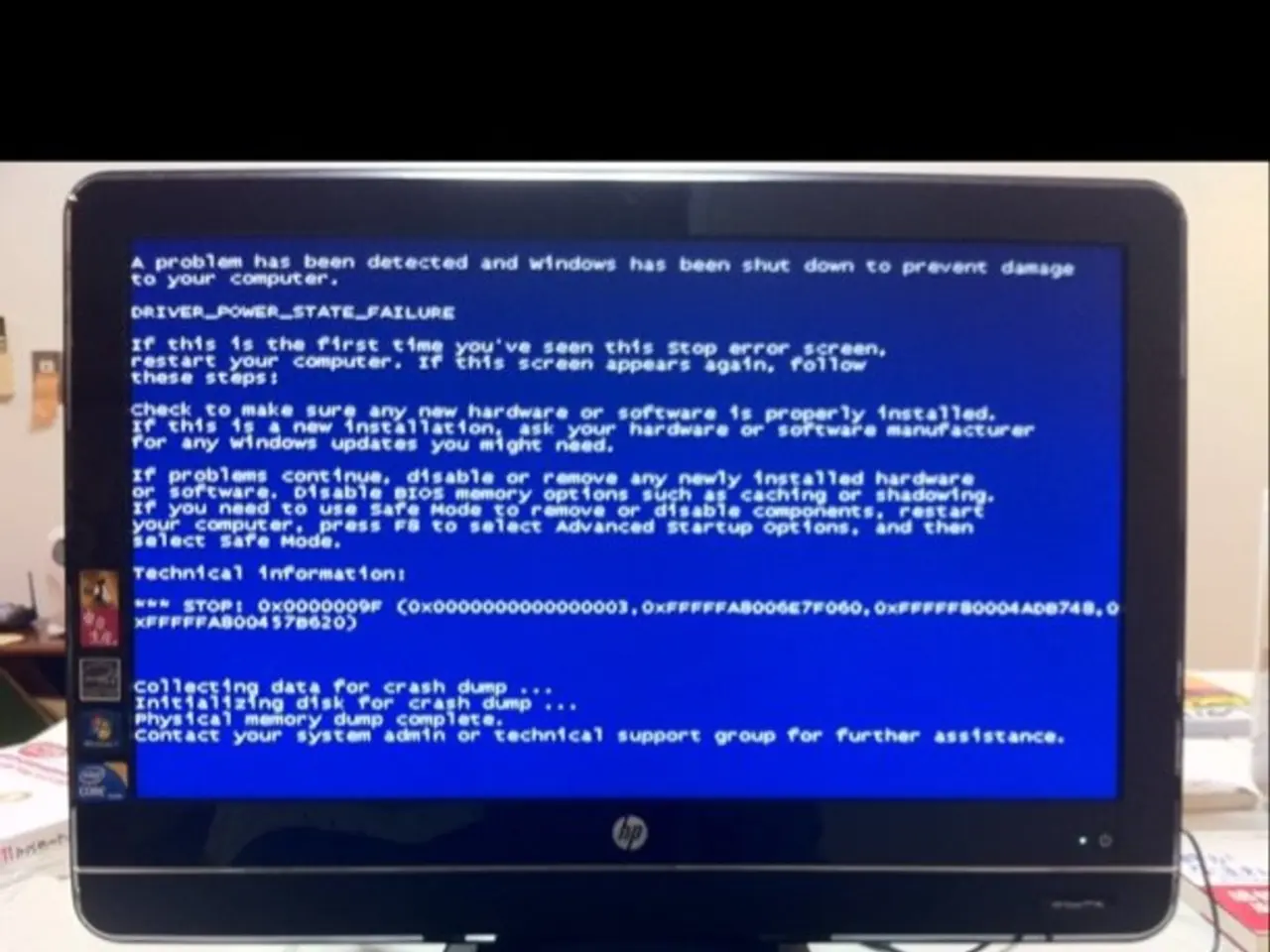Strategic Approach to Mastering SAT Vocabulary with Spaced Repetition Technique: A validation Approach
Improving SAT Vocabulary Mastery with Spaced Repetition
Spaced repetition is a study method that can significantly enhance your SAT vocabulary skills by leveraging the brain's natural learning process. This technique involves reviewing words at increasing intervals, which promotes long-term retention and recall, especially crucial for the contextual vocabulary demands of the SAT.
The SAT Reading and Writing sections test your understanding of precise word meanings, interpretation of tone and nuance, and use of context clues to determine word intent. To excel in these sections, it's essential to strengthen your vocabulary memory.
Spaced repetition helps achieve this by reinforcing neural pathways associated with words just before you are likely to forget them. This process is more effective than cramming because it combats the forgetting curve and promotes durable learning.
There are various tools to implement spaced repetition in SAT vocabulary practice. Anki, Quizlet, and flashcards (physical or digital) are popular choices. Anki is a highly customizable flashcard app with spaced repetition built in, while Quizlet offers a user-friendly interface, pre-made SAT vocab decks, and supports spaced repetition modes. Flashcards can also be effective when combined with spaced repetition schedules implemented manually.
Other strategies to boost your spaced repetition efforts include active recall, root word study, grouping words by synonyms/antonyms, short daily sessions, and simulating SAT vocabulary tests under timed conditions. Active recall involves actively trying to remember and use the word, while root word study helps decode unfamiliar words and makes spaced repetition more efficient. Grouping words by synonyms/antonyms creates mental connections that aid recall and context understanding.
Short daily sessions, practicing 5-10 new cards plus review, keeps the workload manageable and retention high. Simulating SAT vocabulary tests under timed conditions integrates recognition with test pacing and context.
It's important to remember that memorizing lists of words is not enough for the SAT. Retaining and applying vocabulary over time is necessary. Mix old and new words to reinforce earlier learning and add fresh material. Start spaced repetition as early as possible to give yourself time to build strong recall.
Combining spaced repetition with reading practice is key for vocabulary mastery. Practice in context by writing example sentences or spotting words in SAT passages. Review daily, ideally 10 to 15 minutes at a time for effective learning.
Inconsistency in spaced repetition sessions weakens the method's power. Relying on lists without review is a pitfall to avoid in spaced repetition for SAT vocab. Quizlet is a popular platform with spaced repetition options and pre-made SAT decks. Spaced repetition is backed by cognitive science and used by top students worldwide.
In conclusion, spaced repetition solidifies vocabulary knowledge for the SAT by preventing forgetting through scientifically timed reviews, and tools like Anki and Quizlet are recommended for efficient implementation. Combining these with active recall, root analysis, and contextual practice yields the best results.
Spaced repetition tools, such as Anki, Quizlet, and flashcards, are useful for implementing spaced repetition in SAT vocabulary practice, promoting long-term retention and recall. Active recall and root word study, in combination with spaced repetition, can make vocabulary learning more efficient by creating mental connections and decoding unfamiliar words. Regular practice and consistency are crucial to strengthen learning and avoid pitfalls like relying on lists without review. For optimal results, pair spaced repetition with reading practice and contextualizing the words in sample sentences or SAT passages.




